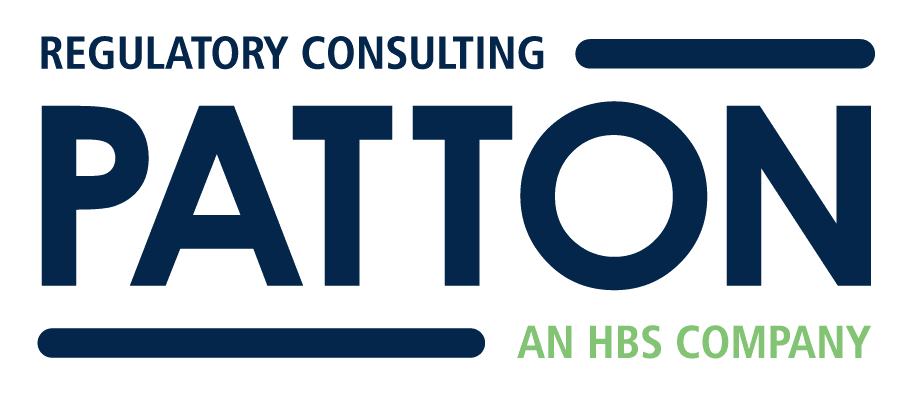The pandemic cut off family visits during COVID-19. In fact, many were unable to visit with loved ones while hospitalized or in a nursing home. But, the Joint Commission recently endorsed a plan to address this issue.
Changing Family Visits During COVID-19
A recent Perspectives article details the Joint Commission’s endorsement of the Planetree International Coalition’s plan. It’s called,
Person-Centered Guidelines for Preserving Family Presence in Challenging Times.
Designed to help the provision of compassionate care and family contact, these guidelines were developed by patients, families, healthcare leadership, and clinicians. To illustrate, they developed eight guidelines to help promote this contact.
- Assess the need for restrictions to family presence. Reassess and adjust policies as conditions change.
- Reduce the risk of physical presence. Follow guidance from CDC and WHO as well as regional or state health authorities.
- Communicate with compassion any facility restrictions in advance of family visits.
- Establish and communicate compassionate exceptions to family presence restrictions such as end of life care.
- Minimize isolation when family cannot be present, using virtual and other means.
- Share decision making with families. Inform and educate them on the risks and benefits of in person visits with loved ones.
- Enlist family as members of the care team who abide by established safety protocols.
- Enhance discharge education and post discharge follow up so families may support successful transitions in care.
How This May Impact Surveys
How will TJC and CMS assess family visits during COVID-19? Since both organizations are resuming surveys, where workable,(link) we envision visitation rights becoming a topic of discussion.
If you have not resumed visitation rights, and your state is open for business and infection trends are decreasing, this could be a focus of attention. And, when looking at patient education documentation, it seems likely surveyors will look to see documentation of the participation and education of family members in anticipation of discharge.


 Useful Kitchen Tracer Information
Useful Kitchen Tracer Information
Leave a Reply